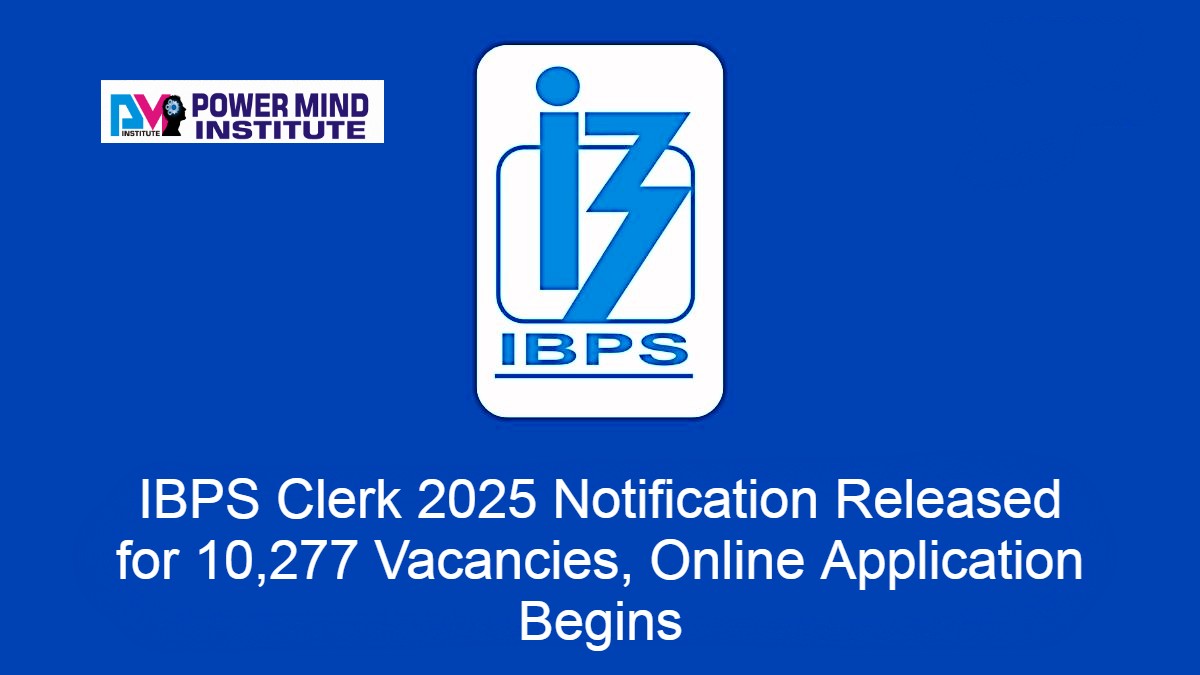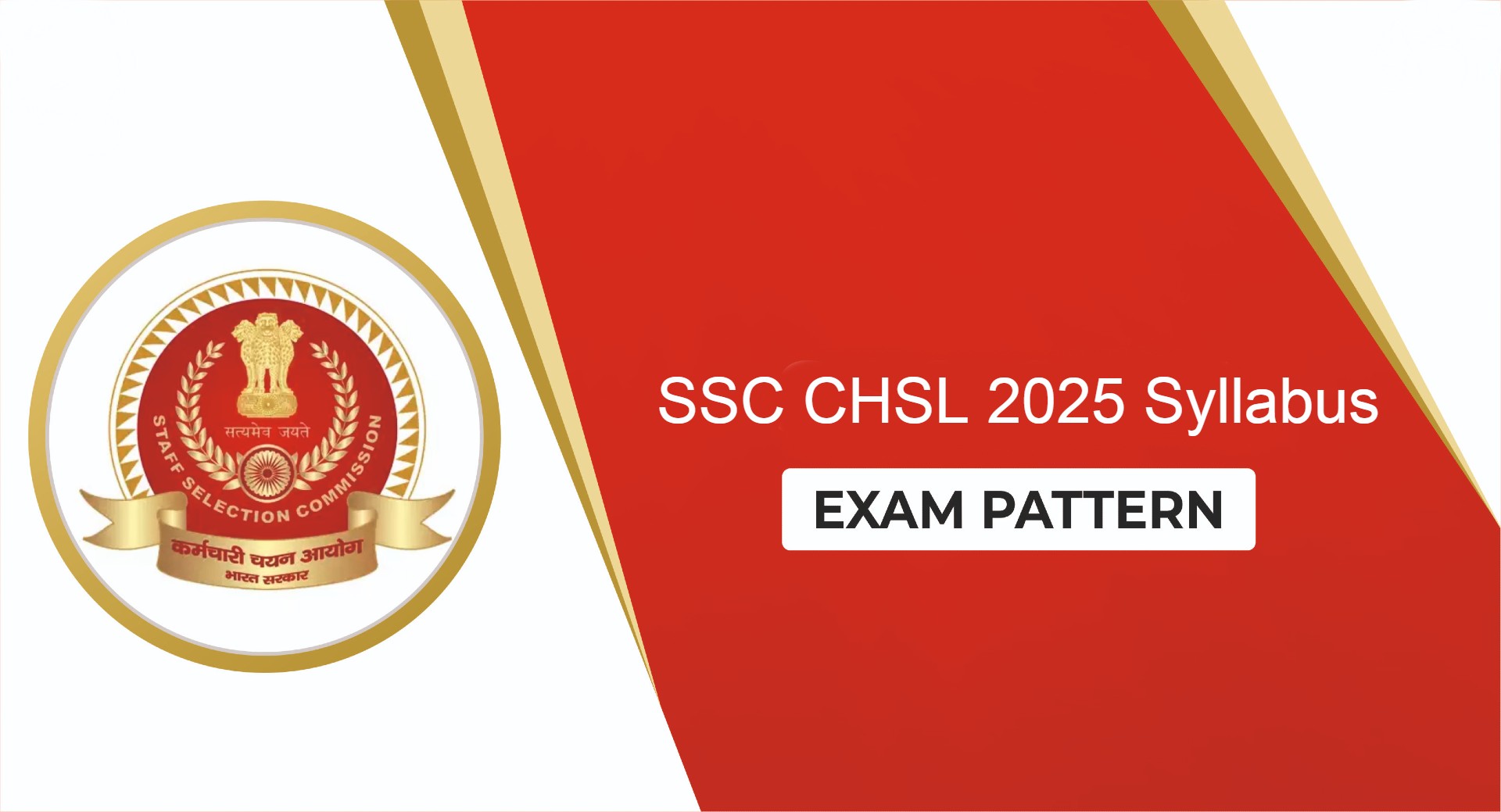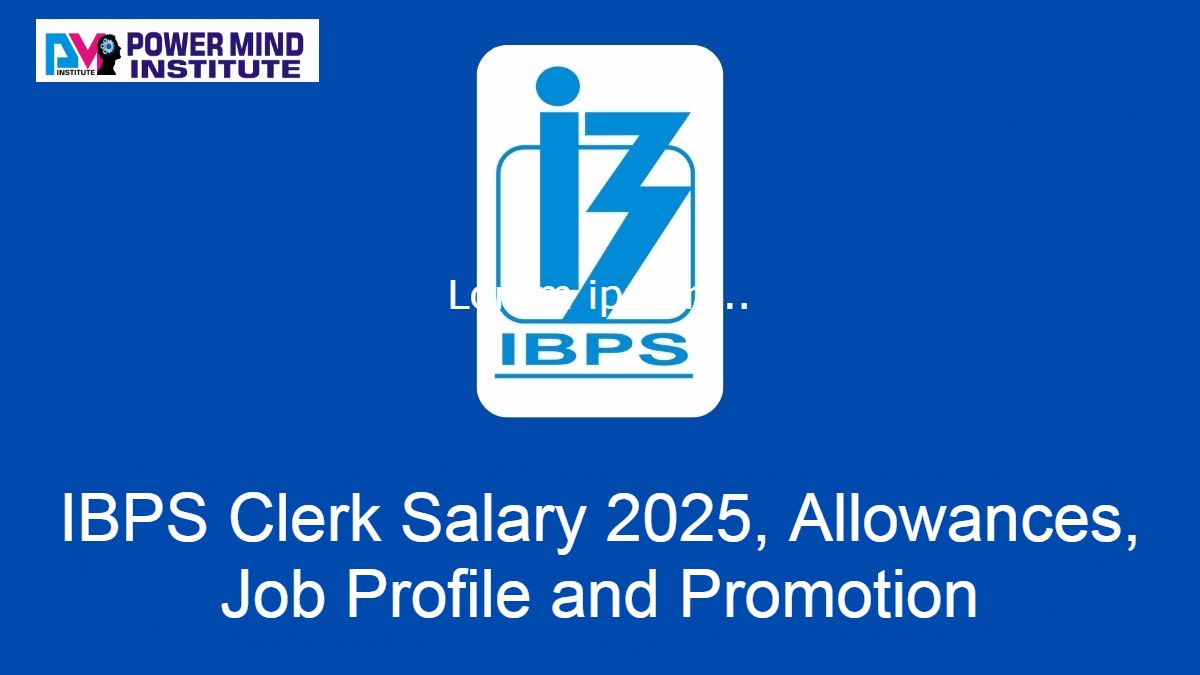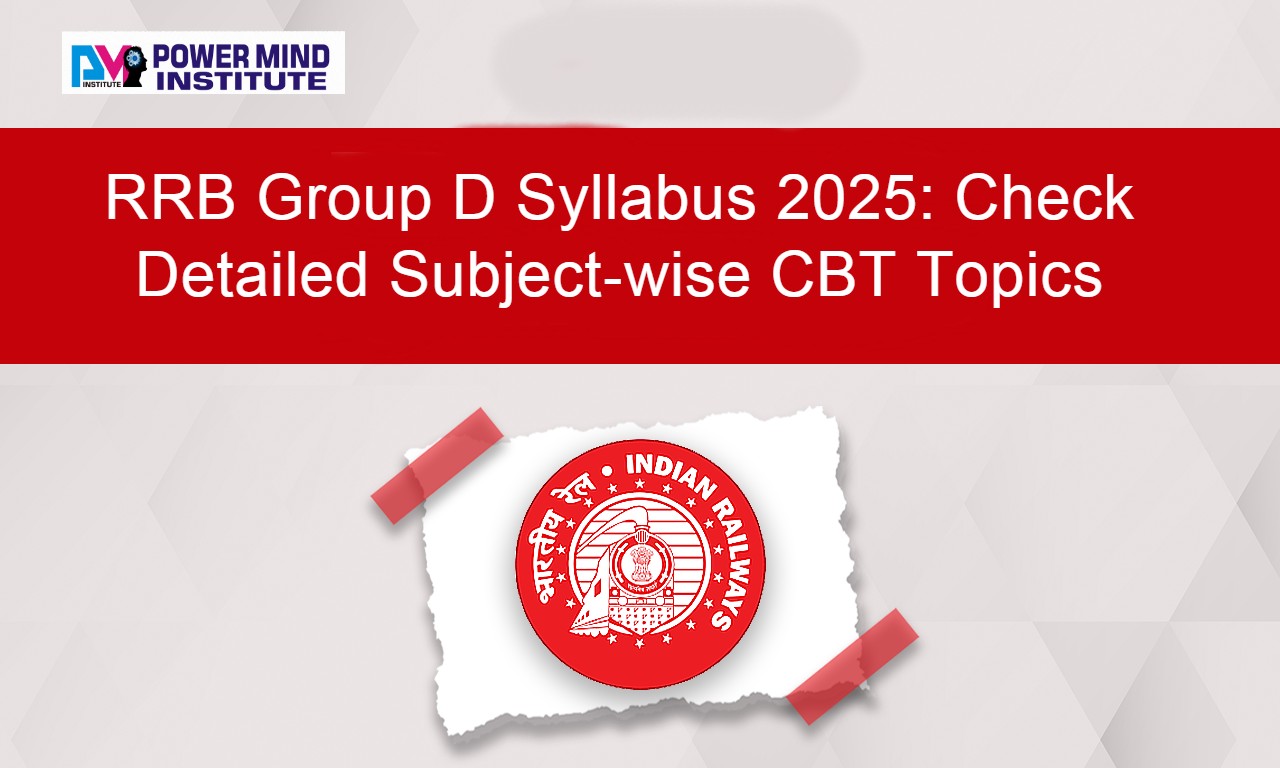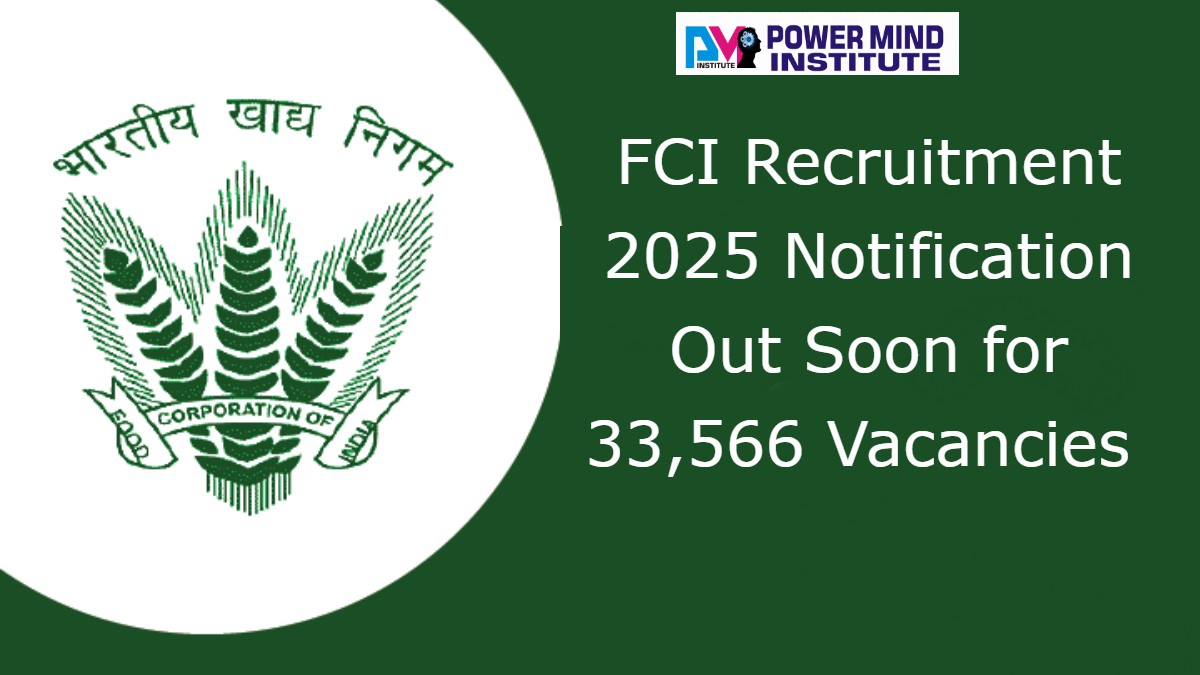Banking exams are among the most competitive government job tests in India. Every year, lakhs of aspirants aim for posts in public sector banks through exams like IBPS PO, IBPS Clerk, SBI PO, SBI Clerk, RRB, and Specialist Officer (SO). With limited vacancies and increasing competition, smart preparation is crucial to success.
The key to cracking these exams lies in understanding the important topics and prioritizing your study plan based on exam trends and syllabus weightage. This blog by Powermind Institute will guide you through the most important topics section-wise and help you plan a strategy that maximizes your scores.
Major Subjects Covered in Bank Exams
Almost all banking exams follow a similar structure. The key subjects included in prelims and mains exams are:
- Quantitative Aptitude (Numerical Ability)
- English Language
- General/Banking Awareness
- Computer Knowledge (only in selected exams)
Each section is designed to assess specific abilities essential for a role in the banking sector. Let’s explore the important topics within each subject and how to prepare them efficiently.
Quantitative Aptitude – Important Topics
- Simplification and approaching: Typically based on BODMAS principles, squares, cubes, percentages, and decimals, Gaining command of this subject increases your calculating speed and enables you to tackle other questions faster.
- Numerical series: This subject entails finding patterns in sequences logistically. Depending on arithmetic or geometric progressions, you might come across missing numbers, incorrect numbers, or series completion.
- Data Interpretation (DI): It involves reading information from tables, graphs, and charts. DI questions measure your capacity to swiftly analyze statistics and utilize arithmetic ideas in a realistic context.
- Quadratic Equations: You must compare or solve two equations' roots. Once you know fundamental algebraic concepts and practice many types of questions, this topic becomes straightforward.
- Arithmetic Word Questions: Covers subjects including profit and loss, time and work, percentages, interest, averages, ratios, and other similar issues. These high-weightage locations need conceptual understanding and regular practice.
Reasoning Ability – Must-Cover Topics
This section checks your logical reasoning, problem-solving skill, and decision-making capacity—essential for a banking career.
- Puzzles and Seating Arrangement: Comprises linear, circular, floor, and box arrangements. Such questions are seen in a set and constitute an important part in the mains exam, demanding immediate interpretation and logical ordering.
- Syllogism: These are logical conclusions based on provided statements. Venn diagrams aid in solving them effectively and to prevent confusion.
- Inequality: It consists of comparing variables and forming logical connections. Both direct and coded inequalities come up often and can be easily solved with proper knowledge of relational operators.
- Blood Relations: Measures your skill in understanding family-based relationships from the clues provided. Drawing flow diagrams or family trees assists in solving them under time constraint.
- Direction Sense: It is a question of solving problems on the basis of movement in directions such as north, south, east, and west. Visualization holds the key to solving and getting these questions right.
- Coding-Decoding: It deals with recognizing patterns in codes or changes. New pattern-based and Chinese coding types are prevalent in mains and need to be logically deduced.
- Alphanumeric Series: These questions contain a combination of letters, digits, and symbols. You need to recognize the pattern or sequence and answer promptly based on logic and memory aids.
English Language – Key Topics to Prepare
It is extremely important in both prelims and mains.
- Reading Comprehension (RC): Involves reading a passage and answering questions related to context, inference, tone, and vocabulary. RCs are generally from economic or banking-related news articles.
- Cloze Test: You will be provided with a passage with blanks and need to select the most appropriate-fitting words. It tests vocabulary, grammar, and sentence context understanding.
- Error Spotting: Questions are based on recognizing grammatical errors in sentences provided. Topics that are usually tested include articles, prepositions, subject-verb agreement, and tenses.
- Sentence Rearrangement: A series of disordered sentences must be put into order as a coherent paragraph. These test for coherence as well as understanding of logical sequencing in language.
- Fill in the Blanks: You have to select words that most aptly complete a sentence. Double or multiple fillers are not uncommon and test both grammar and context.
- Para Completion: One sentence is left incomplete and you have to choose a sentence logically completing the thought. This kind of question appears primarily in mains exams and tests reasoning in language.
General Awareness / Banking Awareness – High Scoring Section
This component is most important for the mains phase and can significantly enhance your overall score if well-prepared.
- Current Affairs: Includes news during the past 4–6 months ranging from appointments, schemes, awards, sports, to international affairs. Make a point to focus on summary sources for day-to-day updates.
- Banking Awareness: You need to be familiar with banking terminologies, financial organizations, RBI activities, monetary policy, and bank reforms. This segment tests your knowledge of the financial universe.
- Static GK: Consists of facts that do not change—such as national parks, currency, capitals, dams, and important dates. These are effort-low, reward-high questions.
- Economic Affairs: Is about budget, economic surveys, GDP projections, and financial market movements. This segment is particularly relevant for PO and SO level tests.
Computer Knowledge – Only for Select Exams
This section is included in IBPS RRB and SO exams. It's easy to score if you know basic theory.
- Basics of Hardware and Software: Understand input-output devices, memory units, system software vs. application software.
- Internet and Networking: Covers fundamentals of the internet, IP addresses, LAN, WAN, routers, and modems.
- Operating Systems: Basic features and functions of popular OS like Windows and Linux are often asked.
- MS Office (Word, Excel, PowerPoint): Know basic shortcuts, formulas in Excel, formatting in Word, and functions in PowerPoint.
- Cyber Security and Email: Concepts like phishing, viruses, firewalls, email etiquette, and safe internet practices are tested.
Smart Strategy to Study These Topics
1. Divide Study Time Across Subjects: Create a timetable that allocates time slots for each subject. Focus more on weaker areas while keeping stronger topics fresh with revision.
2. Practice Mock Tests Weekly: Attempt full-length mocks and sectional tests regularly. Analyze your performance, identify errors, and work on improving speed and accuracy.
3. Focus on One Topic at a Time: Instead of jumping between topics, pick one area (e.g., simplification or puzzles) and practice it thoroughly for a few days before moving on.
4. Prepare Short Notes for Revision: Maintain handwritten notes or flashcards for formulas, tricks, vocabulary, and static GK. Quick revisions before exams make a big difference.
5. Stay Consistent with Current Affairs: Spend 30 minutes daily reading banking news, economic updates, and current affairs. Monthly magazines or compilations can help revise faster.
Why Choosing Powermind Institute Is Beneficial for Your Bank Exam Preparation
Powermind Institute is trusted by thousands of aspirants for a reason—it offers a holistic, exam-aligned approach to help you crack banking exams on the first attempt.
- Tailored Course Design: Every topic—from Quant to GA—is taught as per the latest IBPS & SBI exam trends, ensuring focused learning without distractions.
- Expert Faculty & Doubt Support: Learn from experienced mentors who break down tough concepts with clarity. Live doubt sessions ensure you're never stuck.
- Real Exam-Like Mock Tests: Timed mock exams with detailed performance analytics help you track progress and improve strategically.
- Updated Study Materials: Our materials are always in sync with current banking patterns, including topic-wise practice sets and revision notes.
- Flexible Learning Options: Access both live and recorded sessions so you never miss a class—ideal for working aspirants too.
- Budget-Friendly Plans: Quality education doesn’t have to be expensive. Powermind offers cost-effective packages that suit every student.
Final Words
Preparing for bank exams is not about studying everything—it’s about studying the right things in the right way. With a clear understanding of important topics, a focused strategy, and regular practice, you can definitely crack your desired exam.
At Powermind Institute, we help students prepare in a structured, topic-wise manner aligned with the latest exam patterns. From expert guidance and mock tests to current affairs updates and mentorship—we offer everything you need to succeed.
Start your preparation with Powermind Institute today and move confidently toward your dream banking career.

